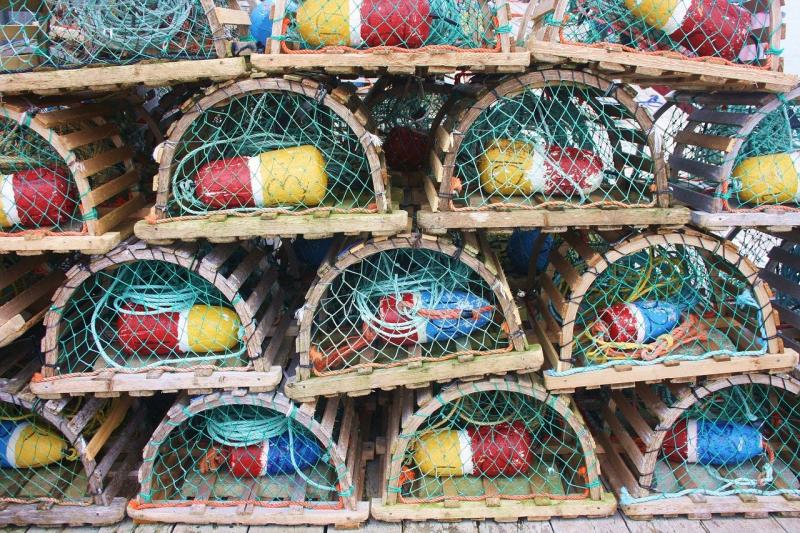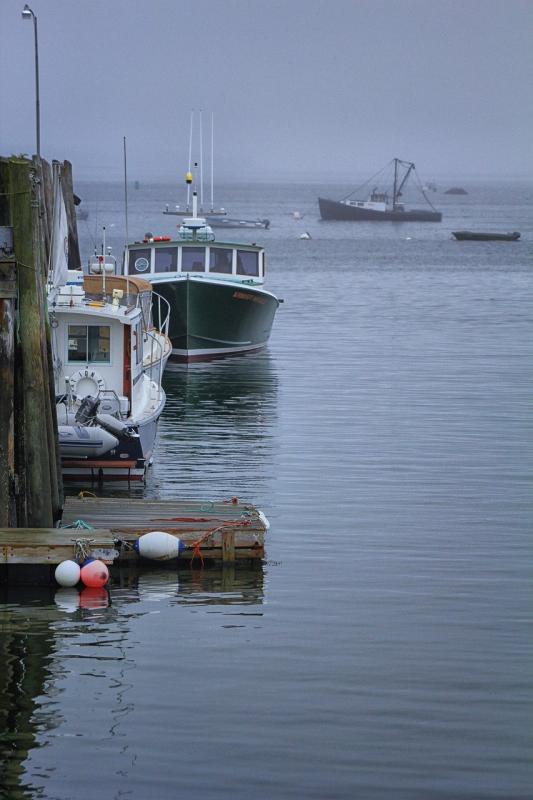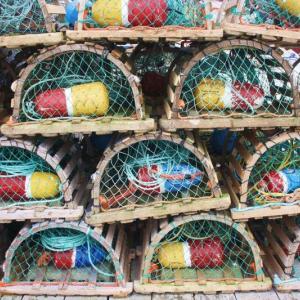Maine AgrAbility angles health resources for those who fish
Maine AgrAbility, dedicated to addressing chronic health conditions and disabilities for those in agriculture, offers resources for fishermen and women to help address issues affecting their health, well-being and productivity.
Maine FishAbility is now offering monthly articles and stories about common health issues and resources for those in Maine’s fishing community. The most recent article, “Fishermen and Back Pain,” is available on the program webpage and also published in the Commercial Fisheries News April issue. Also available is the March article, “FishAbility for Maine Fishermen.”
Maine AgrAbility, a collaborative project of University of Maine Cooperative Extension and Alpha One, is dedicated to helping farmers, fishermen and forest workers work safely and more productively. For more information, contact Leilani Carlson, 207.944.1533; leilani.carlson@maine.edu.
About University of Maine Cooperative Extension:
As a trusted resource for over 100 years, University of Maine Cooperative Extension has supported UMaine's land and sea grant public education role by conducting community-driven, research-based programs in every Maine county. UMaine Extension helps support, sustain and grow the food-based economy. It is the only entity in our state that touches every aspect of the Maine Food System, where policy, research, production, processing, commerce, nutrition, and food security and safety are integral and interrelated. UMaine Extension also conducts the most successful out-of-school youth educational program in Maine through 4-H.
About the University of Maine:
The University of Maine, founded in Orono in 1865, is the state's land grant, sea grant and space grant university. It is located on Marsh Island in the homeland of the Penobscot Nation. As Maine's flagship public university, UMaine has a statewide mission of teaching, research and economic development, and community service. UMaine is the state's only public research university and among the most comprehensive higher education institutions in the Northeast. It attracts students from all 50 states and more than 75 countries. UMaine currently enrolls 11,741 undergraduate and graduate students who have opportunities to participate in groundbreaking research with world-class scholars. UMaine offers more than 100 degree programs through which students can earn master's, doctoral or professional science master's degrees, as well as graduate certificates. The university promotes environmental stewardship, with substantial efforts campuswide to conserve energy, recycle and adhere to green building standards in new construction. For more information about UMaine, visit umaine.edu.
Event Date
Address
United States




























